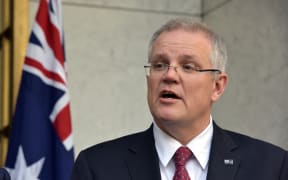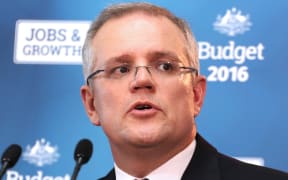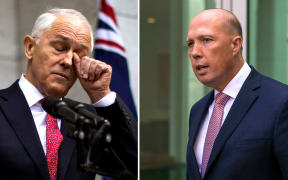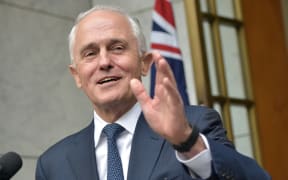by Brigitte Morten*
Opinion - If you were surprised by the turn of events in Australian politics this week, you were not alone.
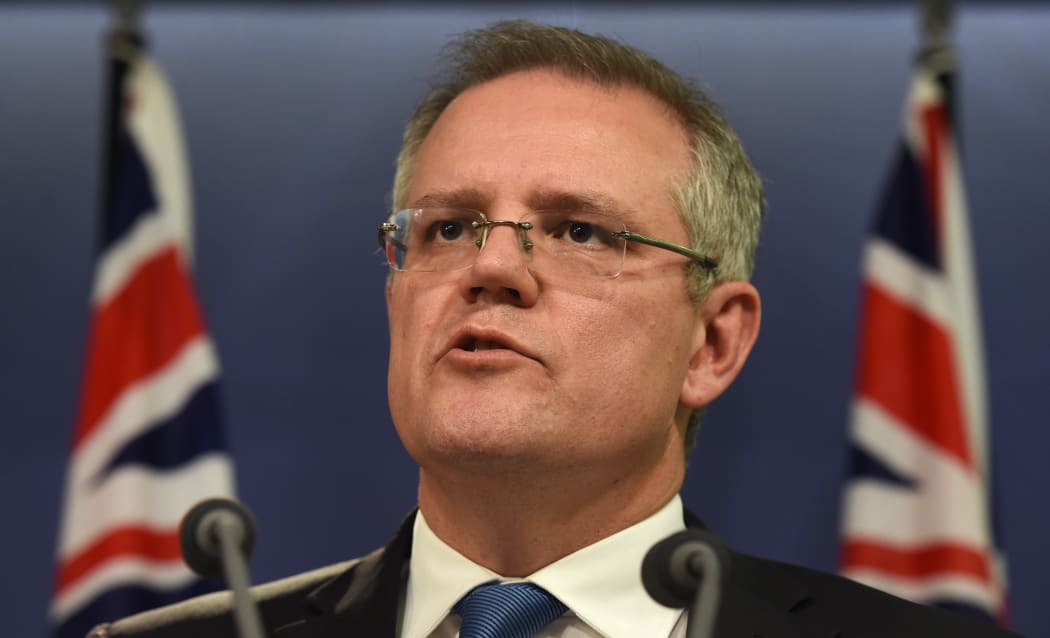
Australia's Immigration Minister, Scott Morrison Photo: AFP
Most of Australia, including most of their politicians, would not have expected to have a new prime minister going in to the weekend.
Scott Morrison - the new prime minister of Australia - has long been touted as leadership potential. But most would think he would have to wait until after the next election - and until after an election loss - to have his chance at running the Liberal Party.
The reasons Australia has had seven Prime Ministers over the last eleven years are complex and difficult to diagnose. However, there are several key differences with their political arena which mean it is much more likely a political party, rather than the public, will decide their prime ministers.
Firstly, Australia has a lot more politicians. It is simply more difficult to achieve unity when you have more people. A much higher number of their politicians have also done nothing other than be in politics - first as staffers or union organisers, and then as elected officials.
New Zealand has fewer MPs that fall into this category, so in their parties and in the parliament they are surrounded by people from a range of backgrounds. People who have only had the experience of the political bubble will more likely turn to solving the problem within rather than looking for outside solutions.
Australia also has more true swing seats - electorates that change between the major parties. This means the vote margins are tighter. Failed leadership contender Peter Dutton held his seat of Dickson in Queensland by 1.6 percent. Based on the current polling and a recent by-election in an adjacent electorate, Mr Dutton would have lost his seat at the next election.
This is true also for a number of other MPs in areas like western Sydney. The decision to change leaders would be seen, especially from backbenchers, as the only way they could take any action that was going to stop them losing their jobs.
Factions are also much more prominent in both the Labor and Liberal parties in Australia. The leadership spill had been brewing for a while, with rising discontent from the conservative members (the right) of the party over the now-former prime minister's leadership. Mr Turnbull was from the left of the party.
The relative numbers of the factions in the party was close, so any leader has to placate both sides. The winning contender - Mr Morrison - is ideologically conservative but is disliked by a number of conservatives due to his support for people on the left. He is likely to have been victorious because he was the compromise candidate.
The factional arguments that were barely staying behind closed doors came out screaming on Monday, when Mr Turnbull was forced to do a U-turn on his key national energy policy. This policy was, at its simplest, a form a tradeoff between electricity prices and action on carbon - a classic left-right argument. This kicked off leadership discussions and once they start it was difficult to stop.
One of the reasons leadership speculation is difficult to contain in Australia is their two 24-hour news channels. The reporters on these TV channels have to find content to fill long hours when not much is happening - an easy way to do so is with media-hungry backbenchers looking for chances to raise their profile. This is a breeding ground for gossip.
These factors, plus the fallout from the week of discontent, means Mr Morrison's tenure as leader and prime minister could be very short.
Mr Turnbull has already said that he won't be hanging around long. So, to avoid another by-election (they recently had five by-elections on one day), Morrison will need to call the election soon. Labor was looking the most likely to win the next election - even before the Liberal Party started publicly tearing themselves apart. A compromise candidate, like Mr Morrison, will not survive an election loss.
At least this time, when the prime minister changes, it will be the Australian people rather than the politicians who will be making the decisions.
* Brigitte Morten is a senior consultant for Silvereye. Prior to that she was a senior ministerial adviser to the Minister of Education in the previous National-led government, and an adviser and campaign director for Australia's Liberal Party.
